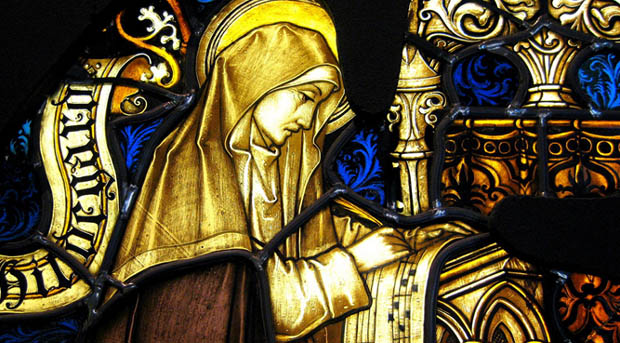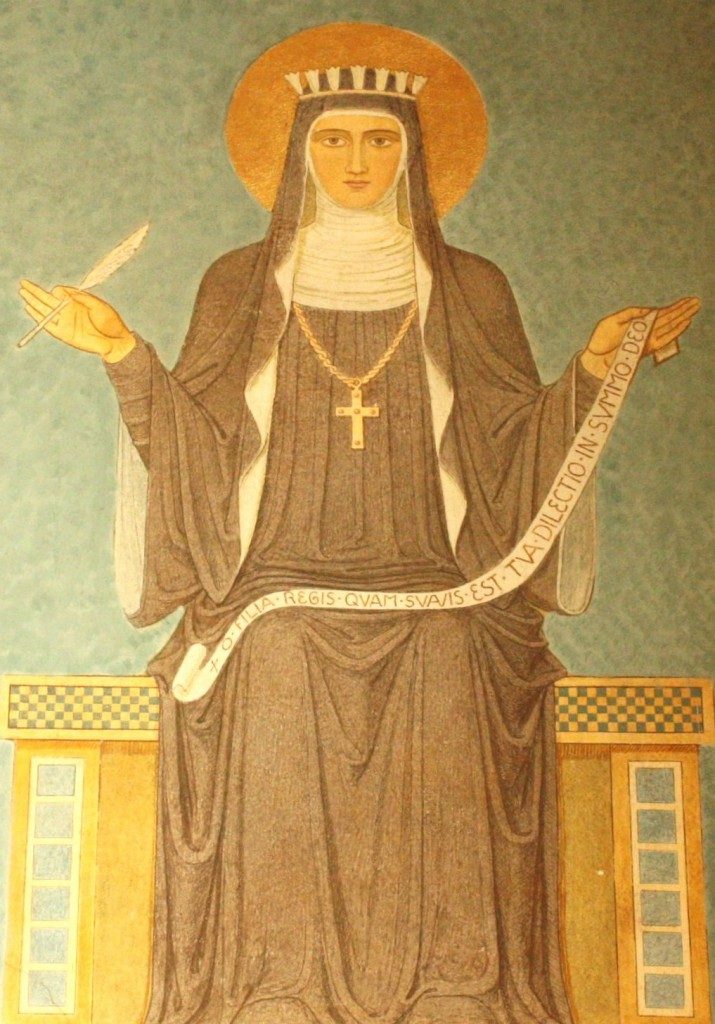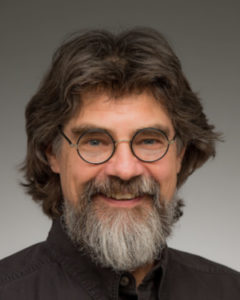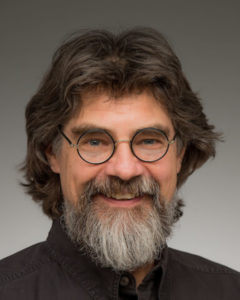Podcast: Play in new window | Download (Duration: 31:29 — 21.7MB) | Embed
Subscribe: Apple Podcasts | Spotify | Amazon Music | Android | Pandora | iHeartRadio | JioSaavn | Podchaser | Gaana | Podcast Index | Email | TuneIn | Deezer | Anghami | RSS | More

The Guardian Angels – Building a Kingdom of Love with Msgr John Esseff
Msgr. Esseff discusses the important role of guardian angels in the life of every person. He shares personal reflections on his childhood experiences and how angels have been part of his spiritual life. Guardian angels are assigned to individuals from the moment of conception and remain with them throughout life, even after death, working to inspire prayers for those in purgatory.
There is an an importance in developing a personal relationship with one’s guardian angel, and Msgr. Esseff suggests that people can even ask their angel for its name. Angels are immensely powerful spiritual beings created individually by God, with different choirs of angels serving specific roles. These angels are protective, guiding people in daily life, and helping them in moments of danger or difficulty.
Guardian angels provide support during times of suffering, using the example of Jesus in the Garden of Gethsemane, where His angel ministered to Him in His agony. Msgr. Esseff encourages us to draw closer to their guardian angels, especially in moments of loneliness or hardship, recognizing them as companions who offer love, guidance, and protection.
Discerning Hearts Reflection Questions
- The Presence of Your Guardian Angel
How can you become more aware of your guardian angel’s presence and influence in your daily life? - Guardian Angel’s Role in Your Spiritual Journey
In what ways have you experienced or can you imagine your guardian angel guiding and protecting you through challenges? - Developing a Relationship with Your Guardian Angel
How might asking for your guardian angel’s name deepen your relationship with this spiritual companion? - Trust in God’s Plan for Protection
Do you trust that your guardian angel, sent by God, is actively working to safeguard and assist you in both physical and spiritual matters? - Guardian Angels in Times of Suffering
When faced with suffering or isolation, how can you turn to your guardian angel for comfort and support, as Jesus did in the Garden of Gethsemane? - Intercessory Role of Angels
How does the knowledge that your guardian angel intercedes on your behalf and reminds others to pray for you shape your prayer life? - Angels and the Resurrection of the Body
What significance does the belief in angels’ involvement at the time of death and the resurrection of the body have on your understanding of eternal life? - Angels and Service through Love
How can you embrace the idea of your guardian angel’s loving service as an extension of God’s love, rather than viewing them as merely a protector? - Recognizing the Beauty of Angels
How can reflecting on the beauty and purpose of angels inspire a greater appreciation for God’s creation and your own divine calling? - Blessings of the Angels in Your Life
What steps can you take to open yourself more fully to the blessings and healing that your guardian angel seeks to bring into your life?
Msgr. John A. Esseff is a Roman Catholic priest in the Diocese of Scranton. He was ordained on May 30th 1953, by the late Bishop William J. Hafey, D.D. at St. Peter’s Cathedral in Scranton, PA. Msgr. Esseff served a retreat director and confessor to Blessed Mother Teresa. He continues to offer direction and retreats for the sisters of the missionaries of charity around the world. Msgr. Esseff encountered St. Padre Pio, who would become a spiritual father to him. He has lived in areas around the world, serving in the Pontifical missions, a Catholic organization established by Bl. Pope John Paul II to bring the Good News to the world especially to the poor. Msgr. Esseff assisted the founders of the Institute for Priestly Formation and continues to serve as a spiritual director for the Institute. He continues to serve as a retreat leader and director to bishops, priests and sisters and seminarians and other religious leaders around the world.











